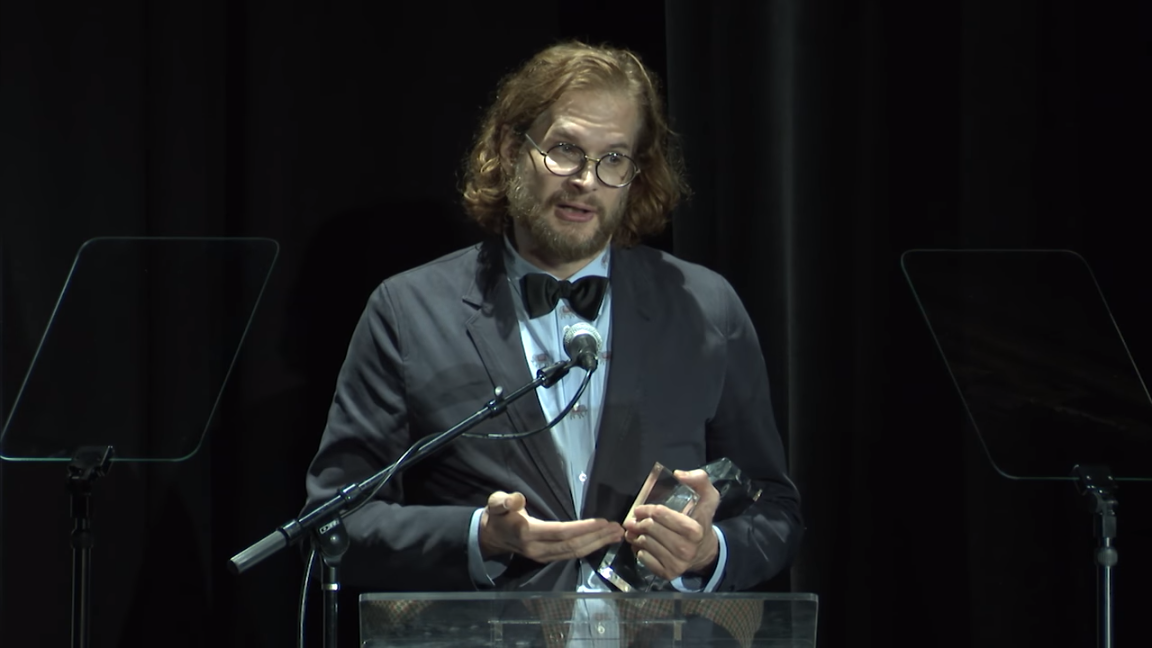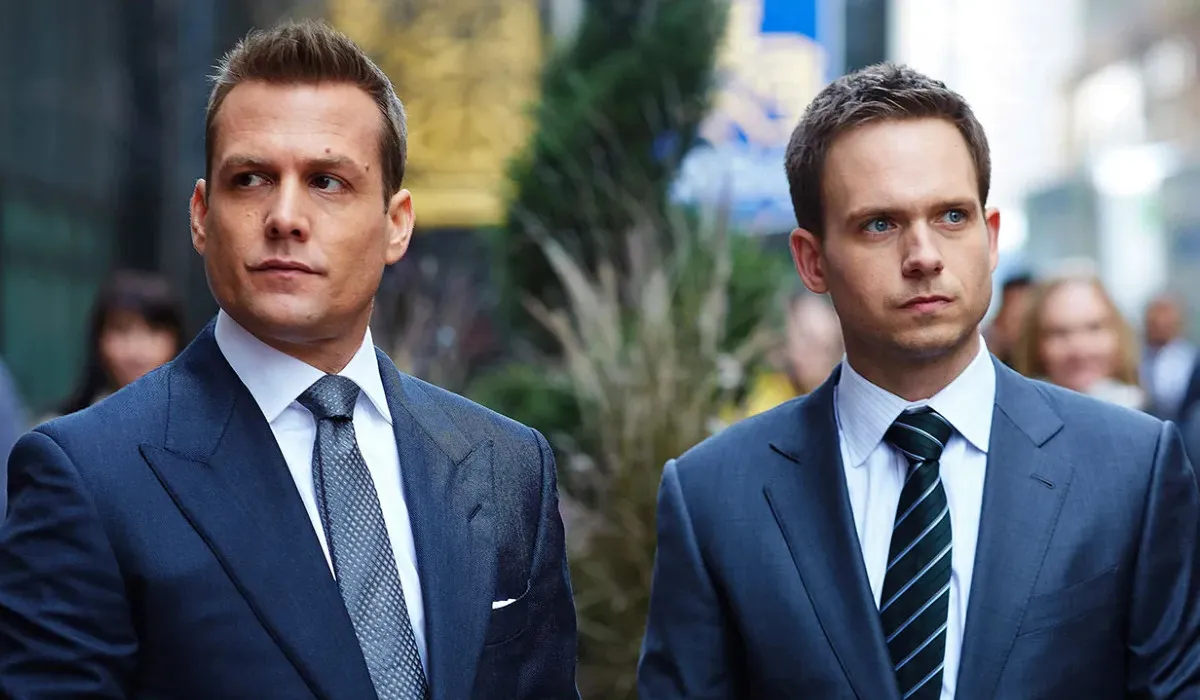Writer and showrunner Bryan Fuller was the Outfest Achievement Award Honoree at the 2017 Outfest Los Angeles LGBT Film Festival on July 6 – an honor that recognized his work on shows like Dead Like Me, Pushing Daisies, Hannibal, and American Gods. In his acceptance speech, he traced through his career to illustrate how far we’ve come in the on-screen representation of queerness. It’s easy to focus on how far we have to go, and how much it feels like we’re backsliding, but Fuller’s speech reminded me of just how difficult it once was to show any queer characters on television.
After noting that “exposition is my least favorite part of my job,” Fuller launched into a summary of his career. “The first show I created was called Dead Like Me…As a proud homosexual, I wanted to represent queer characters. [Protagonist] George’s father was gay, and as the product of a gay person who bred despite better instincts, George’s life was an even greater miracle – and that she lost it so young an even greater tragedy. Mandy Patinkin’s monologue would write itself…Except it didn’t. The studio and the showrunner made the character straight, and I was powerless to stop them.”
The next few years of Fuller’s career were similarly restricting. On Wonderfalls? “We couldn’t show lesbians kiss, much less imply they had sex.” And Heroes? “The gay character was het-washed after the actor’s management threatened to pull him from the show if he (the character, not the actor) were gay.”
However, things slowly began to change. “The third show I created was called Pushing Daisies,” Fuller said. “Because I’d been thwarted twice before in telling stories with gay characters on shows I created, I decided the show itself should be gay. Pushing Daisies is the gayest thing I’ve ever done, and not just a little gay. It was such a deep-set, stubborn gay stain, it could never be scrubbed out. You can’t scrub out that gay – or hetwash it!”
However, Fuller wasn’t satisfied with this winking, aesthetic representation. “Most wouldn’t know how gay Pushing Daisies was,” he said, “because the gay was never sexualized. It was simply queer, and therefore queerbait. As a proud homosexual, this felt still like a failure to represent. Even though most everything about Pushing Daisies was gay, there were no openly gay characters or gay relationships. Systemically gay, aesthetically gay, but not narratively gay.”
Then, of course, came Hannibal. “The fourth show I created homoeroticized the Hannibal Lecter character from the Thomas Harris novels,” he said, “but it didn’t exactly homosexualize him. But there was almost a kiss, before he fell into the sea with the man he loved. Close, but no cigar…I was four television series into a career as an openly gay man and showrunner, and had yet to tell a story about an openly gay man.”
Finally, Fuller was hired as a showrunner for American Gods. “Fourteen years after being powerless to keep the first gay character I created from turning straight, I got to be part of telling Salim’s story,” he said. “It wasn’t a time to be delicate about poking. Salim is a gay, Muslim immigrant. He comes from a part of the world that tosses homosexuals from rooftops because of god. His story is about a demigod giving a man permission to be himself, and to enjoy sex, and allow himself to be made love to.”
“Telling Salim’s story isn’t the gayest thing I’ve ever done on TV. It’s the most human,” he continued. “Yes, there were boners, and anal penetration, and flaming ejaculation – but it wasn’t pornographic. It was art. And that was an achievement…Most importantly, it was our achievement as a creative community, because telling his story – telling Salim’s story – met with no corporate obstacles, no personal obstacles. It was simply told as vividly as we could tell it with total support.”
Clearly, Fuller’s speech is meant to be a celebration, so he doesn’t discuss a lot of the work that still needs to be done to make LGBTQ characters on TV truly representative. But I still enjoyed this reminder of how much more progressive the world of TV has become over Fuller’s career – and how much more progressive it can become in the decades ahead, if we keep pushing to see ourselves on-screen.
(Via Outfest; image via screengrab)
Want more stories like this? Become a subscriber and support the site!
—The Mary Sue has a strict comment policy that forbids, but is not limited to, personal insults toward anyone, hate speech, and trolling.—









Published: Jul 9, 2017 12:25 pm